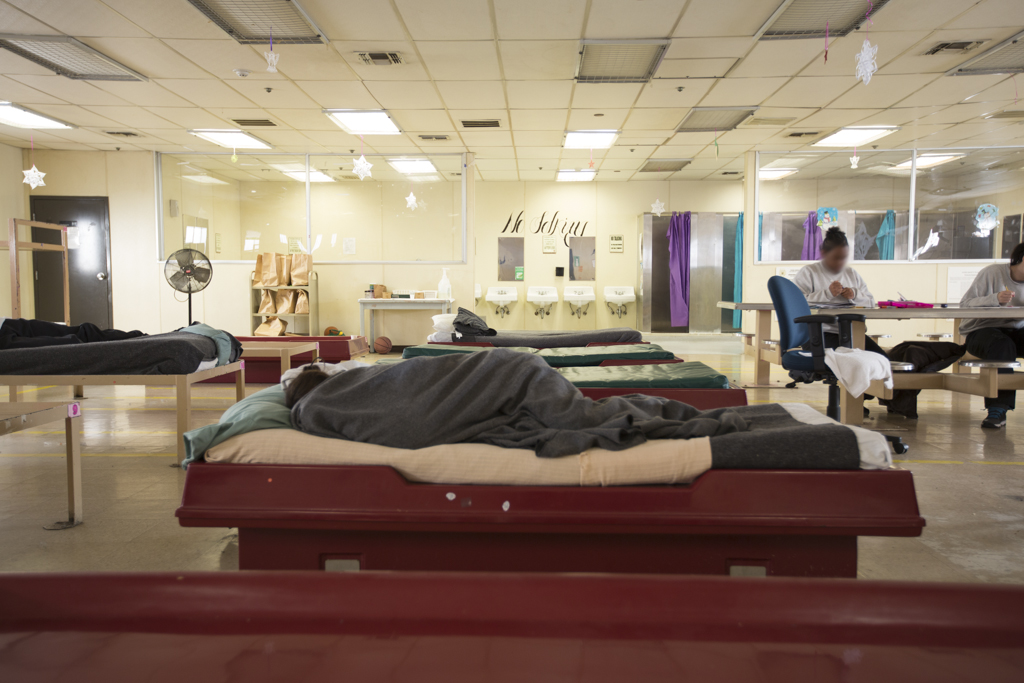A version of this article was originally published by the NY Daily News.
……………………….
At age 15, I was arrested for stealing a car and was sentenced to juvenile prison until my 21st birthday. In mid-90s Illinois, the sole female juvenile prison was located in a Chicago suburb, five hours north of my rural town. Visitations were held weekly, but without public transit options, my single mother — who bicycled to work — was unable to come.
In the two decades since, several states have shifted from warehousing delinquents in remote prisons to localizing them in treatment centers that address their psychological needs. In 2012, Gov. Cuomo approved the Close To Home initiative, which relocates young offenders nearer to their communities, where they can restoratively transition back home.
The idea is sound and progressive: Being within MetroCard proximity to their families allows kids to stay in touch with their support networks while receiving transferable school credits, reducing both dropout and re-entry rates. Close to Home facilities offer enhanced counseling services, too.
But not everyone believes in the project — especially not when it’s in their backyard. On Tuesday, residents of South Ozone Park celebrated the city controller’s decision to reject a contract to operate a facility putting up to 18 teenagers in their neighborhood. This comes after months of heated protests and a civil suit filed against the children’s service agency, which locals claim was trying to turn their neighborhood into a dumping ground.
After hearing plans to build a treatment center in Queens Village, neighbors there erupted into their own revolt, vowing to follow South Ozone’s example.
Opponents say they have safety concerns. It can appear they are more motivated by fear of diminished property values. Neither reason justifies blocking the program.
Kids eligible for it are either non-violent offenders like me or do not pose a clear or present danger. They’re just young people in need of a second chance.
If, that is, they’re anything like me. My delinquency started when I was 13, after my parents divorced and my siblings fanned out among friends. I went from a crowded bedroom to an empty trailer and was left confused and angry. I didn’t understand my mother’s need to work 16-hour shifts and sleep during her time off.
I began running away, committing petty crimes and using various substances to numb my sense of loss. By the time I was arrested, I knew that being taken off the streets probably saved my life.
During the first year, letters home were frequent. I sent, “Miss you,” crayoned with blue bubble letters, followed by, “Please send a photo, I’m afraid I’ll forget your face.” Correspondence rapidly dwindled, and in a final note, I wrote, “Sorry for the pain I caused, wish I could have gotten it together sooner.”
I got used to the locking of steel doors, barbed-wire fences and caged windows. Stifled cries echoing down the hall as I tossed in my sleep became home.
After two years, I was paroled for good behavior to a group home in a small town, still out of my mother’s reach. My progression into independent living was hinged upon finding a job — but the revelation of my facility’s address sabotaged employment opportunities. The resentment among the locals in Illinois mirrored the current climate in Queens. My existence had pockmarked their town.
New laws bumped my release date to age 19, but I couldn’t celebrate; I wasn’t really ready to be freed.
Landing in a battered women’s shelter and acquiring a mentor was my turning point. Through her nurturing, I was able to find something positive within myself and walk a different path.
I’m now a 33-year-old college grad who lives near South Ozone with my husband. I’ve been in the city for almost a decade, and as I witness these protests, I’m reminded of how it felt to be loathed by people who didn’t understand my predicament.
If they keep juvenile facilities out of their neighborhood, NIMBY opponents may win a small victory. But it will pose a larger, lasting threat to the city’s future.
Blanchard is a writer and teacher.




